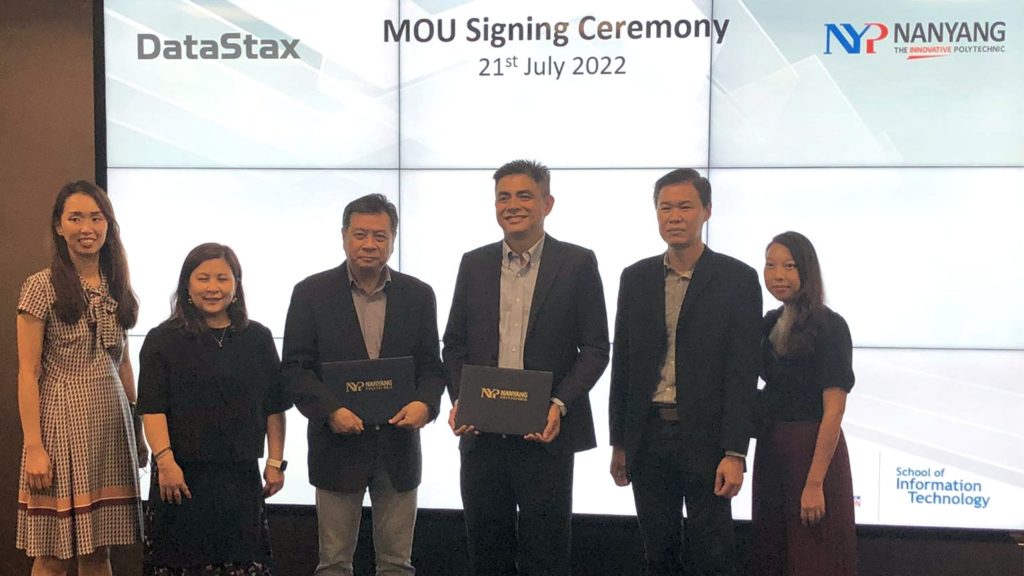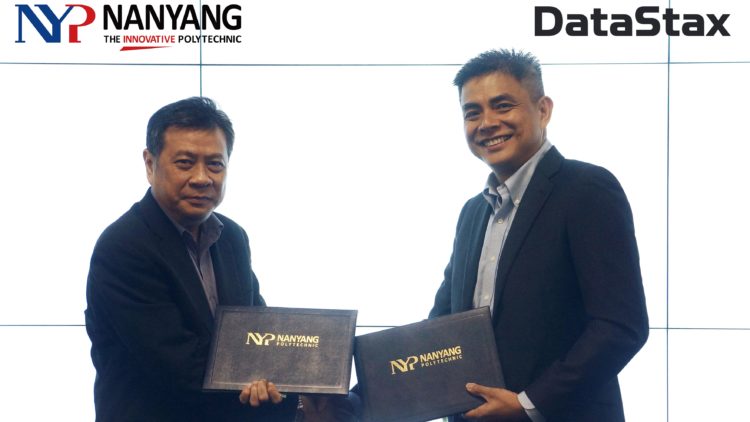The ManpowerGroup says the talent shortage in Singapore has reached an all-time high of 84%, up from 65% in 2021 and the highest in since 2012. Information Technology (IT) is the most in-demand role with micro to small and medium businesses (SMBs) finding it most challenging to fill roles. The report cited critical thinking and analytical skills as the top soft skills in most demand.

According to the 2020 Census, graduates in engineering sciences, IT and natural and mathematical sciences accounted for 44.5% of the degrees among male graduates, down from 51.6% in 2010. For women, this figure measured at 20.2%, down from 25.1% a decade ago.
Shortage is more acute than you think
Randstad Singapore warns “the dip in STEM students and emergence of new technologies has only further widened the skills and talent gap in our workforce, which means that employers are going to have a challenging time finding quality talent and securing the best candidates.
Shortage in data management skills

Dennis Ang, director of the School of Information Technology at Nanyang Polytechnic, noted that big data is one of the most transformative disciplines in today’s everchanging tech landscape.
"The ability to wrangle and analyse data gives organisations and businesses a clear overview of their operations, allowing them to identify inefficiencies to overcome and discover variables that drive the achievement of the targets."
Dennis Ang
Recognising that big data is complex, he noted that besides the obvious wrangling and analysing, individuals trained in big data management will also be able to tackle multiple inter-related disciplines like data storage and data warehouse infrastructure (both of which, for example, have been identified as key needed skills in the market).
"Other big-data skillsets that are in high demand are for individuals who can aid companies in architect systems so that they can access and process, in real-time, data streaming," said Ang.
Responding to the challenge
The Nanyang Polytechnic (NYP) has partnered with real-time data company, DataStax, to develop the next generation of big data talent and support Singapore's Smart Nation and Digital First initiatives.

The collaboration includes the use of the DataStax Astra DB, built on Apache Cassandra, the co-creation of a data management curriculum and the advancement of faculty capabilities to provide NYP students with the skills and knowledge required for today’s high-demand big data jobs.

"In Singapore, there is an urgent need for data scientists and engineers who have modern data management skills to support the country’s digital transformation using powerful technologies like the scalable, open-source Apache Cassandra database," said Thomas Been, chief marketing officer at DataStax.
"The DataStax and NYP collaboration will help develop the next generation of big data competencies to prepare future talent to support Singapore’s Smart Nation goals."
Thomas Been
The curricula
DataStax will also be one of the main partners for NYP’s Specialist Diploma in Business & Big Data Analytics, which will be taught under NYP’s Professional Competency Model (NYP-PCM). According to Ang, under the NYP-PCM model instead of subjects, learners are trained in competency units that mirror workplace tasks, to ensure that our learners have the relevant competencies required to excel in the job role.
As part of this partnership, DataStax will co-develop curricula, co-teach classes, and co-certify training. The partnership will also support NYP educators in advancing their big data management skills through educator training from DataStax.
Ang says: "Nanyang Polytechnic has always worked to support Singapore's information and communications technology (ICT) sector, advancing technological adoption and helping accelerate innovation and sustainability.”
He added that the partnership with DataStax will enable the school to assist companies in mobilizing their real-time data to quickly build smart applications and become data-driven organisations.
“When DataStax and other global IT leaders work with us to co-develop our curriculum and mentor our learners, it results in a very rich environment where the best skills are imparted and where there are ample opportunities to develop," he concluded.




